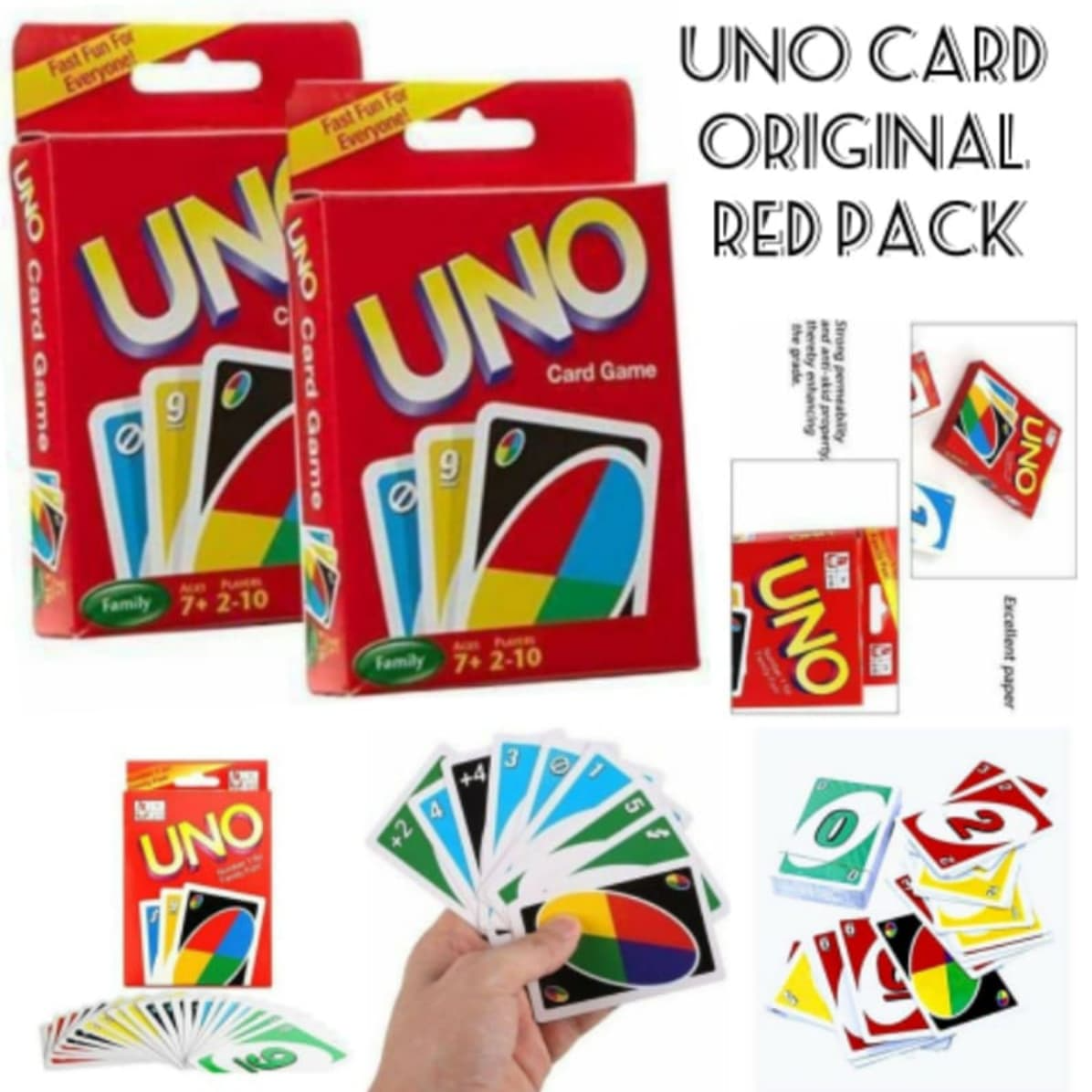In the bustling city of Mumbai, where life is a constant whirlwind of activities, the Sharma family, like many others, often finds it challenging to spend quality time together. Radha and Arvind Sharma, along with their two children, Nisha and Rohan, are caught up in the daily grind—school, work, extracurriculars, and social commitments. Amidst this chaos, the essence of family bonding is often lost. However, one simple remedy has rekindled their familial warmth a deck of UNO playing cards.
For the Sharma family, UNO isn’t just a game. It’s a bridge connecting generations, a tool that transforms their living room into a vibrant, laughter-filled space. But why is UNO so effective at bringing families like the Sharmas together? Let's delve into the story and uncover the magic of these seemingly simple cards.
The Client Persona The Sharma Family
Meet Radha Sharma, a 40-year-old marketing executive. She is a multitasker, juggling work and home responsibilities while striving to maintain a strong family bond. Her husband, Arvind, is a software engineer, often lost in the digital world. Their children, Nisha, a budding artist at 12, and Rohan, a cricket enthusiast at 9, are growing up in a tech-driven environment, where screens often overshadow face-to-face interactions.
Like many modern families, the Sharmas face the distinct challenge of diminishing family time. With each member engrossed in their individual pursuits, finding a common activity that appeals to all ages seems nearly impossible. This is where UNO playing cards come into play, solving a significant problem the emotional disconnect within the family.
The Power of UNO Bridging the Gap
UNO playing cards offer a unique solution to the Sharmas' dilemma. The game is simple enough for Rohan to grasp, strategic enough to engage Nisha, competitive enough to thrill Arvind, and relaxing enough for Radha to unwind. Its universal appeal lies in its ability to transcend age and interest barriers, making it the perfect activity for family nights.
Imagine a typical Saturday evening at the Sharma household. Radha suggests a game of UNO, and the family gathers around the dining table. As the cards are dealt, the atmosphere shifts. The room fills with laughter and playful banter, and the invisible walls between each family member begin to crumble. Arvind teases Nisha about her "Draw Four" card, while Rohan, with a cheeky grin, strategically plays his "Skip" card, leaving Radha momentarily out of the game. These moments are priceless; they weave the fabric of cherished family memories.
UNO A Catalyst for Connection
What makes UNO so effective at fostering family connections? It's the simplicity and unpredictability of the game. Unlike digital games that isolate players in solitary bubbles, UNO encourages interaction, conversation, and shared experiences. The game's rules are easy enough for even young children to understand, yet it offers enough complexity to keep adults engaged.
In a study conducted by the Indian Institute of Family Studies, games like UNO were found to significantly enhance family cohesion and communication. Families reported feeling more connected and engaged, with improved relationships and reduced stress levels. For the Sharmas, UNO has become a cherished tradition. Every week, they look forward to their game night, a sanctuary from the outside world's chaos.
The story of the Sharma family is not unique. Across India, families are rediscovering the joy of spending time together through the simple act of playing UNO. In a world where technology often isolates us, UNO playing cards offer a refreshing escape, a chance to reconnect and strengthen familial bonds.
So, if you find yourself longing for more meaningful family time, take a cue from the Sharmas. Gather your loved ones, shuffle that deck of UNO cards, and let the magic unfold. Because sometimes, the simplest solutions are the most powerful.
Visit Vyaparify Site:
https://id.vyaparify.com/new-bangare-general-stores 
